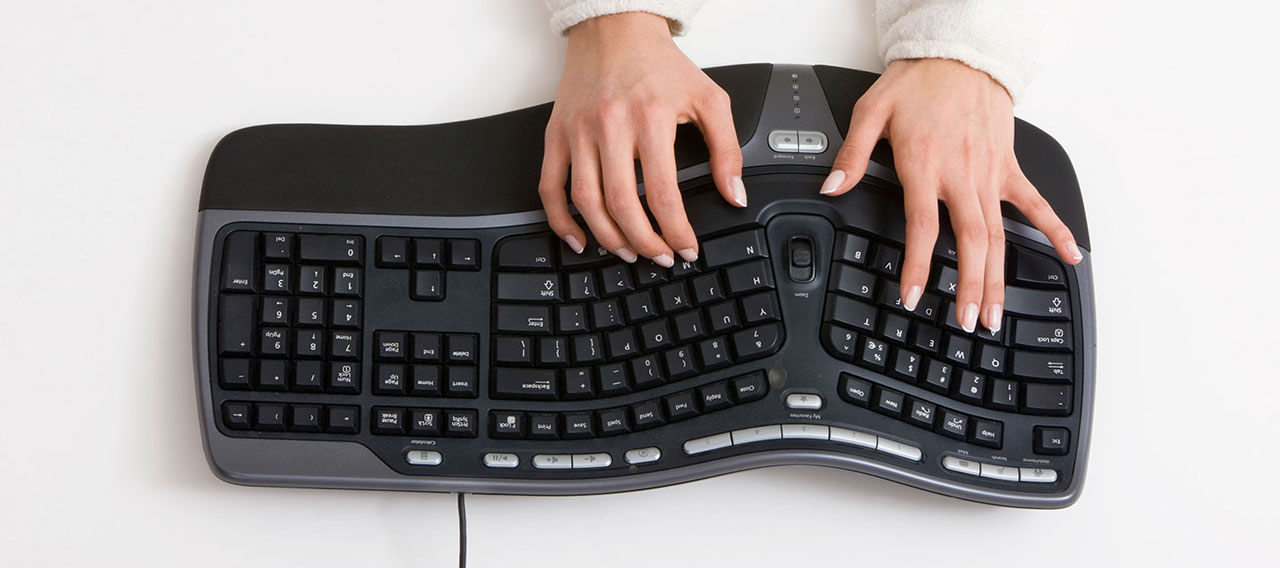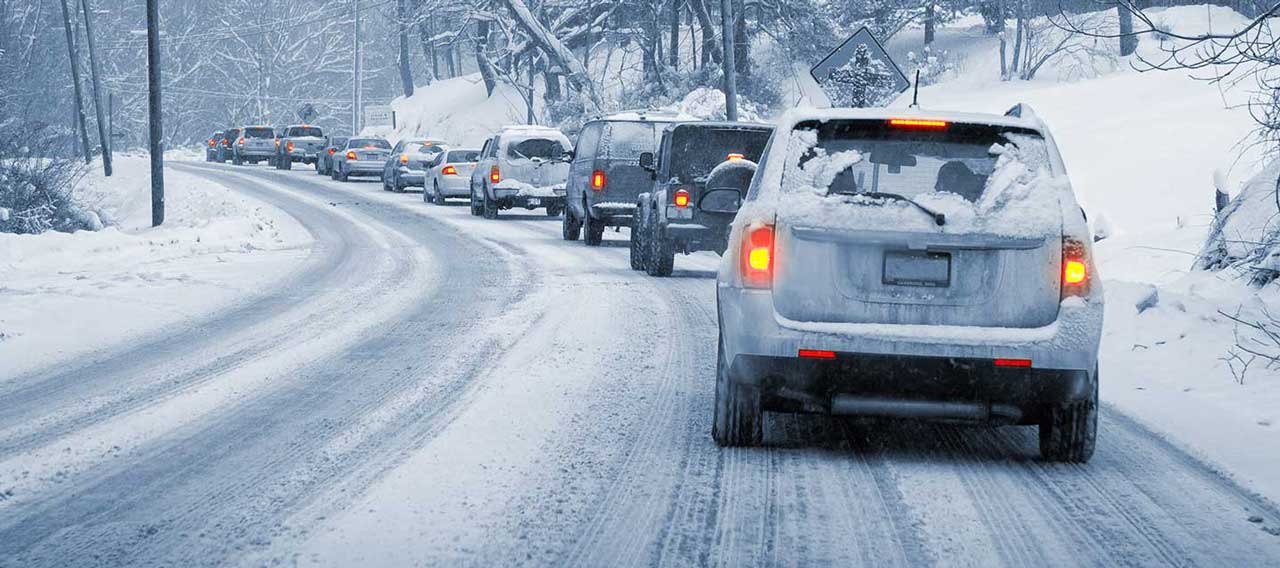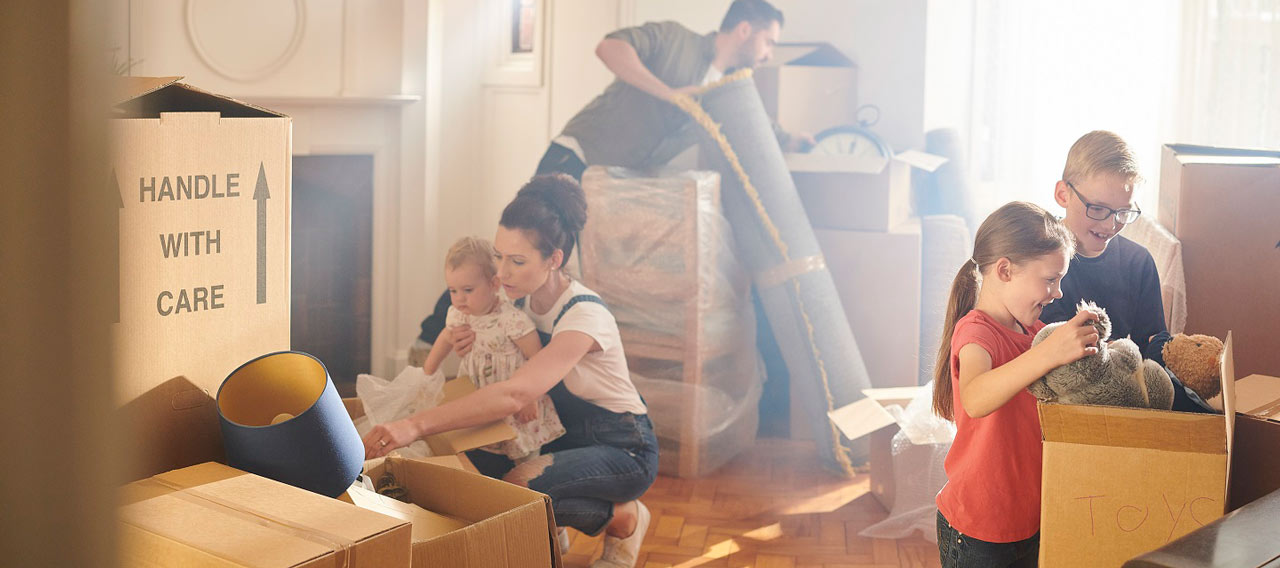- Businesses
- Individuals & Families
- Partnerships
- Brokers

Chubb Climate+ spans major industries, with a goal of enabling climate change progress in a meaningful way.


All Chubb policyholders are eligible for cyber services. Get the most value from your Chubb policy and schedule a consultation today.

In a complex world, Chubb’s support for multinationals and their brokers when choosing the right cover has never been more valuable.
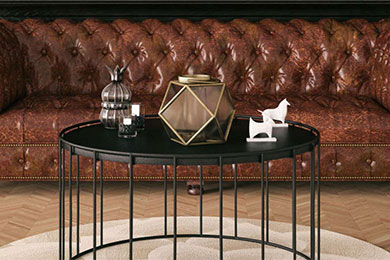

As one of the world's largest providers of jewellery and fine art insurance, you can count on our unparalleled service and expertise, offering some of the broadest protection available.
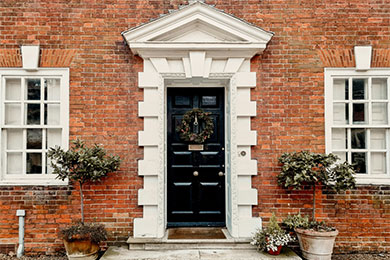
As pioneers of using in-house appraisers to help clients establish the value of their property, and mitigate the risk of loss, our appraisal service is a key reason why owners of fine homes and high value possessions around the world choose Chubb

Build your business by providing the protection your customers need – it’s insurance for the new possible.

The seamless, secure, and scalable engine behind new possibilities for your company and customers.

-
About
About UsWho We AreFinancial & Regulation
- Claims
-
FCA Regulation
-
Contact
Chubb CareersComplaints
-
BackSuggested Searches
Enhance Your Home Security: Expert Tips to Protect What Matters Most
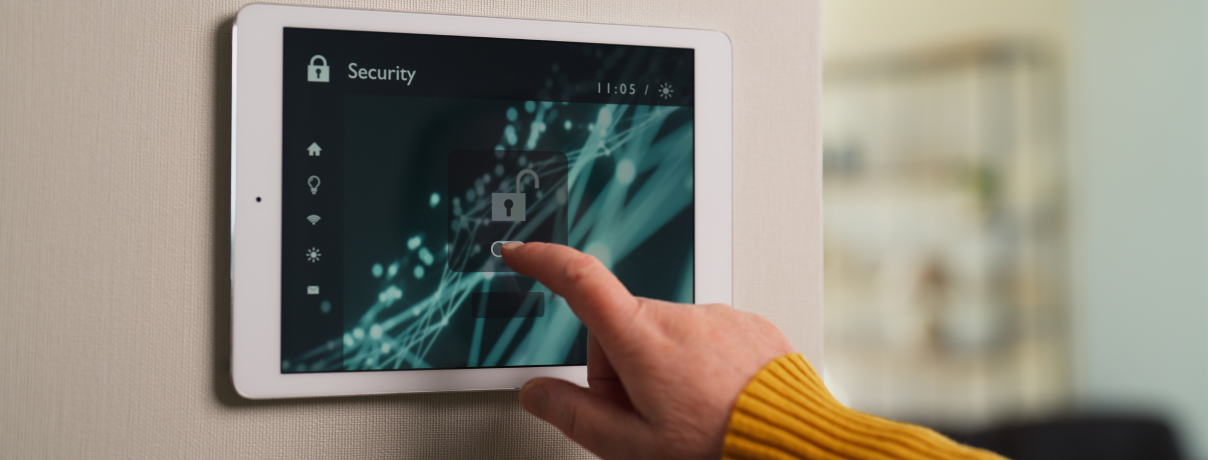
Purchasing home security safety devices and equipment is only part of the effort to secure your most valuable assets; maximising your home and personal safety by using these measures appropriately can make all the difference.
Our dedicated team of Risk Consultants complete approximately 1200 appraisal visits annually across Europe and are committed to getting sums insured right, whilst providing your clients with a wealth of risk mitigation advice.
We have spoken to three of Chubb’s Personal Risk Services specialists for their advice on how you can reduce the risk of burglary and theft:
Jo Nixon, our European Risk Consulting Manager, leads Chubb’s proposition for improving property and personal risk. She outlines the core challenge: “whilst most clients are very aware of their personal safety and the steps they should take to protect their homes and possessions, as methods used to access valuables become increasingly sophisticated, our role is to identify gaps where risk exposure may arise and work with clients to develop effective strategies to mitigate this”.
Alan Gorman is our European Underwriting Manager, working at Chubb for over 28 years: “alongside advice on security systems, we focus on safety tips for clients that may not be immediately obvious, but are the source of a lot of expensive personal losses.”
Our claims manager for High Net Worth Individuals, Claire Tweed, has over 15 years’ experience with personal risk insurance: “theft is becoming an increasing concern for our high net worth clients, not least the worrying trend where burglaries are taking place in the late afternoon and early evening while the occupants are actually in the home and security systems are not in use.”
In the most recent Chubb Wealth report1, 86% of respondents to our survey stated that they view theft as the biggest risk to their valuables; highlighting the importance of home and personal security.
Safe Security and Alarm Systems
At Chubb, we recommend that clients consult with security professionals for appropriate alarms, safes and locking systems depending on their individual risk.
However, even the best security apparatus can fail when misused.
Nixon states: “Safes, for instance, become less effective when incorrectly installed. This can mean the literal fitting of the safe – is it properly bolted down? But also, do you have the correct grade for its purpose? Is it positioned discreetly or concealed if necessary? And is it in a location with additional protection such as lockable doors and security cameras.”
Manufacturer guarantees cover a fault with the product, however if you have not taken the appropriate steps to use the safe as advised, that guarantee may not be applicable.
Nixon advises: “It’s important to have layers of security: not just alarms, not just a locked safe, but a range of measures working in conjunction to hinder intruders on multiple fronts.”
Targeted Theft
One area that many overlook is the opportunistic theft targeted at high net worth individuals. That is, those thefts that occur because the perpetrator knows their victim has valuables in their possession or there is a high chance that a property will be unoccupied, providing an opportunity for burglary.
Findings from the recent Chubb Wealth report2 show that social media exposure can increase vulnerability for people sharing images of themselves sporting designer accessories and jewellery.
Gorman draws attention to this specific exposure: “there is an additional risk posed by social media, where most of us share updates about our lives without a second thought. We ask our high net worth clients to consider whether they are posting content that tells perpetrators what they have and where they will be at any given moment, which makes them an easier target.”
One of the most straightforward ways to reduce personal risk is to consider the normal everyday situations that would make you vulnerable.
Tweed continues: “We ask people to review their routines: do they vary their route and schedule? Are there people they interact with who would be able to gain knowledge on how they store valuables? Is it made very obvious when they are on a trip away, leaving the property empty? All of these practices should be taken into consideration so you can make the necessary changes to improve your safety.”
In conclusion
We understand that it can be difficult to keep in mind even obscure safety practices, and while insurance offers peace of mind, and Chubb is always on hand to ensure you receive the best service and support in the event of property loss, it does no harm to take additional steps to reduce your risk.
Tweed states: “Sometimes it’s easier to leave jewellery on the bedside table, or perhaps a quick errand means you don’t set the burglar alarm or ensure all windows are locked before you leave. However, this poses the crucial threat to the security of these items and your property; and even with a successful insurance claim, losing sentimental pieces can be devastating in ways people do not always fully appreciate.”
For advice on how to improve your personal security, and for other insurance services, please contact Chubb today.
Insights and expertise
